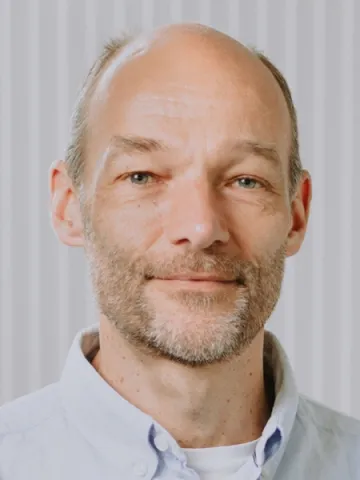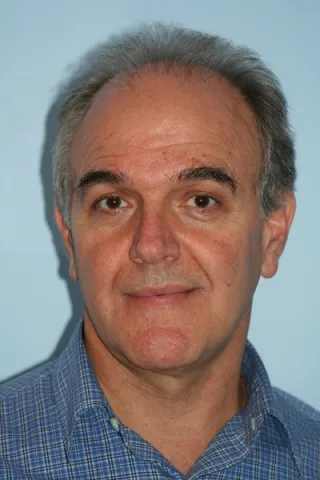About the project
This project repurposes photonic fibre technologies—central to global telecoms—for renewable energy applications, including solar generation and low-cost storage. Combining cleanroom fabrication, optical characterization, and simulation, it supports net-zero goals through scalable photonic platforms, guided by a multidisciplinary team in photonics, manufacturing, and decarbonisation.
This project focuses on designing and fabricating next-generation photonic fibre technologies using our advanced cleanroom facilities. While traditionally central to global telecommunications, these optical fibre platforms will be repurposed to develop renewable energy solutions, including solar power generation and low-cost energy storage, contributing to net-zero carbon goals.
The project combines experimental fabrication, optical characterization, and numerical simulations, supported by a multidisciplinary team with expertise in photonics, advanced manufacturing, and decarbonisation.
You will be designing and fabricating next generation photonic fibre technologies using our state-of-the-art Zepler cleanroom facilities. Our advanced manufacturing techniques currently allow for the development of complex microstructures and waveguides that augment the remarkable 4 billion km long optical telecoms global network that is a key enabler and bedrock of 21st century science, technology, commerce and society. However, as we urgently transition towards a net-zero carbon future, this highly scalable photonic platform technology will be repurposed by you to create transformative renewable energy concepts in both solar power generation and very low-cost renewable energy storage solutions to deliver a step change towards critical environmental challenges.
This multifaceted project will require significant numerical simulation effort to guide your experimental fabrication alongside in-depth optical characterization and optimisation. It is therefore supported by a highly multidisciplinary supervisory team with expertise in photonic materials and devices (Dr Pier Sazio), theoretical and numerical modelling of photonic microstructures (Dr Peter Horak), advanced manufacturing of novel optical fibres and lasers (Prof Mike Zervas) and the decarbonisation of industrial infrastructure (Prof Damon Teagle) to realise these innovative concepts and challenges.
You will develop highly transferable skills in cleanroom fabrication, photonic device characterisation, materials processing and numerical simulations with input from industry partners and working with leading academic experts.
The School of Optoelectronics (ORC) is committed to promoting equality, diversity inclusivity as demonstrated by our Athena SWAN award. We welcome all applicants regardless of their gender, ethnicity, disability, sexual orientation or age, and will give full consideration to applicants seeking flexible working patterns and those who have taken a career break. The University has a generous maternity policy, onsite childcare facilities, and offers a range of benefits to help ensure employees’ well-being and work-life balance. The University of Southampton is committed to sustainability and has been awarded the Platinum EcoAward.

